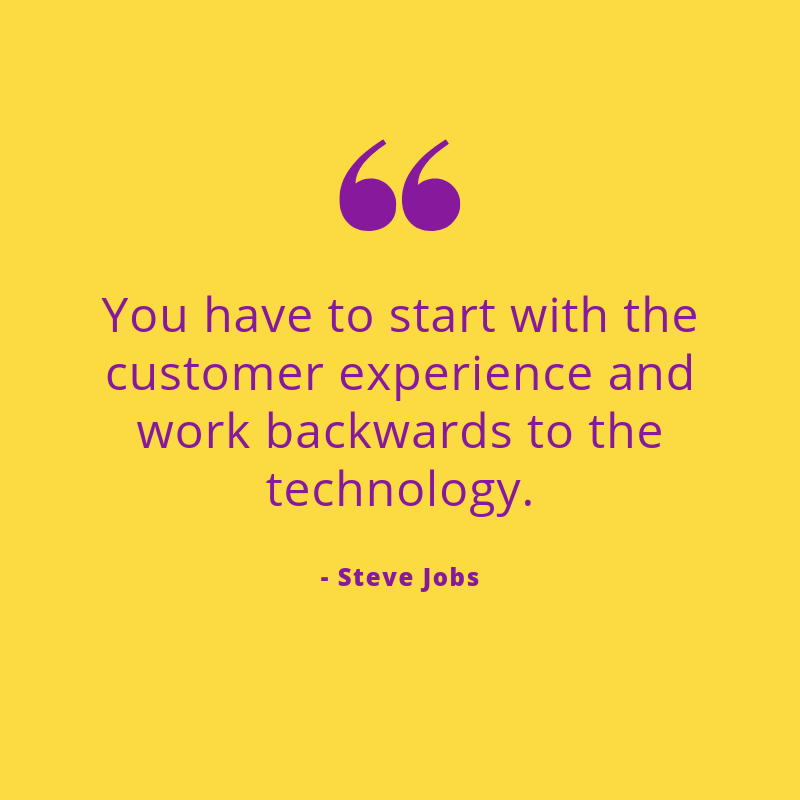
Psychology hacks and tips for better mental health.
Psychology hacks and tips for better mental health.
1. Let’s dance!
In this study, Swedish researchers found that not only does dancing help reduce anxiety and depression, but the positive effects of dancing can also stay with you for up to eight months after you stop. Talk about bang for buck! Not only is dancing good for you physically, but the social aspects also make this one of my top picks. So whether you attend a Zumba class or traditional dance class, you can be sure you are doing your body and mind a world of good.
2. Laughing with you.
As they say, laughter is the best medicine – turns out, they’re not far off. When you laugh and smile your brain releases dopamine which produces feelings of happiness and endorphins (the body’s natural painkillers). However, when you laugh, rather than just smile, the brain also releases nitric oxide that boosts the immune system and improves wellness. Finding ‘the funny’ in your day can be a challenge, so that’s where classes like Laughter Yoga can help.
3. Schedule in ‘worry time’.
It might sound like an odd thing to do, but hear me out… The theory is if you spend a lot of time worrying to dedicate 45 minutes a day to doing nothing by worrying. You can either write them down or take a walk and worry. When things come to mind during the day, save them for your dedicated “worry time”.
4. Forest bathing.
While this practice began in Japan in the ‘80s, it wasn’t until 2012, after an eight-year and $4 million-dollar study that it was scientifically proven. What it involves is spending mindfulness time among the trees. This isn’t about hiking or exercise – it’s about connecting to forest surroundings through all the senses and it turns out that’s where one of the key benefits are. The reason this improves health is due to various essential oils, generally called phytoncide, found in wood, plants, and some fruit and vegetables, which trees emit to protect themselves from germs and insects. Forest air doesn’t just feel fresher and better—inhaling phytoncide seems to actually improve immune system function. The practice is well regarded in Japan but is also now taking off around the world.
5. Give minimalism a try.
If a lot of your stress and anxiety are about not having ‘enough’, then it might seem odd to note that there is a huge body of research showing how minimalism actually improves mental health. There are the obvious reasons, like having more space to unwind, focusing on what is truly important and being able to find your keys in the morning, but there are less obvious examples too. By exercising self-control in ‘editing down’ your life, you combat one of the key issues in mental illness which is being loss of control. So why not give minimalism a try?

Who to speak to if you’re not ok
Lifeline provides 24-hour crisis counseling, support groups and suicide prevention services. Call 13 11 14.
MindSpot is a free telephone and online service for people with stress, worry, anxiety, low mood or depression. It provides online assessment and treatment for anxiety and depression. MindSpot is not an emergency or instant response service. Call 1800 61 44 34 AEST, 8am-8pm (Mon-Fri), 8am-6pm (Sat).
MensLine Australia is a professional telephone and online support and information service for Australian men. Call 1300 78 99 78, 24 hours / 7 days a week.
Integrity Life
From the newsroom






